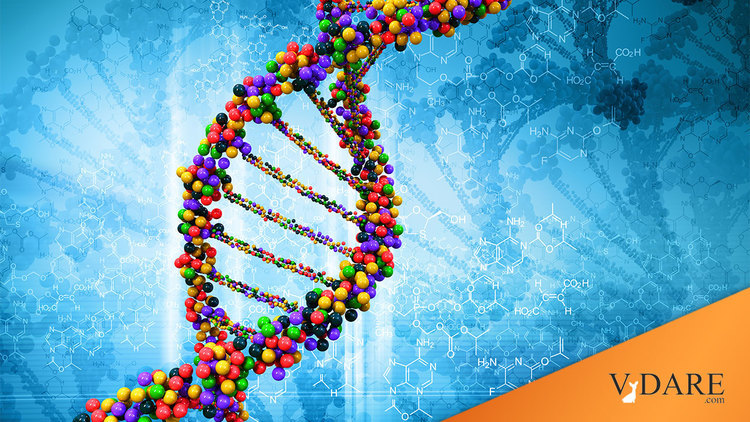
01/01/2008
This is from Wired magazine, about a test that would identify a suspect’s race from DNA found at a crime scene, that police don’t want to use.
Frudakis' test is called DNAWitness. It examines DNA from 176 locations along the genome. Particular sequences at these points are found primarily in people of African heritage, others mainly in people of Indo-European, Native American, or South Asian descent. No one sequence can perfectly identify a person’s origin. But by looking at scores of markers, Frudakis says he can predict ancestry with a tiny margin of error.Since the Baton Rouge case, DNAWitness has been used nationally in nearly 200 criminal investigations. In several, the science played a crucial role in narrowing the suspect field, ultimately leading to an arrest. But its success hasn’t made the technology popular with law enforcement. Frudakis' company, DNAPrint, has yet to turn a profit and may not survive much longer.
Part of the problem is cost — basic tests run more than $1,000. But the real issue? DNAWitness touches on race and racial profiling — a subject with such a tortured history that people can’t countenance the existence of the technology, even if they don’t understand how it works.
"Once we start talking about predicting racial background from genetics, it’s not much of a leap to talking about how people perform based on their DNA — why they committed that rape or stole that car or scored higher on that IQ test," says Troy Duster, [Send him mail]former president of the American Sociological Association.
"This is analyzing data derived from a crime scene," Frudakis counters. "It’s just a way for police to narrow down their suspect lists." But his position, rational as it may be, is no match for the emotions that surface with any pairing of race and crime.
Tony Clayton, a black man and a prosecutor who tried one of the Baton Rouge murder cases, concedes the benefits of the test: "Had it not been for Frudakis, we would still be looking for the white guy in the white pickup." Nevertheless, Clayton says he dislikes anything that implies we don’t all "bleed the same blood." He adds, "If I could push a button and make this technology disappear, I would."[A New DNA Test Can ID a Suspect’s Race, But Police Won’t Touch It]
Sam Francis wrote about this technology in 2003[Race Denial Costs Lives, June 9, 2003] and Steve Sailer mentioned Troy Duster around the same time [Race Flat-Earthers Dangerous To Everyone’s Health, May 11, 2003] when Duster was objecting to what he called "racialized drugs" — drugs like BiDil which can help blacks more than whites.
This is a content archive of VDARE.com, which Letitia James forced off of the Internet using lawfare.